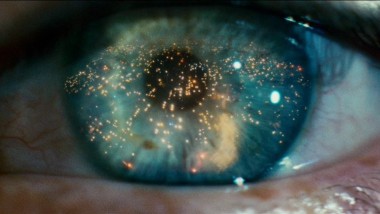Another week, another article arguing that Decker in Blade Runner, and that knowing this completely ruins the movie ... angielski
This acclaimed director has brought us some of the best films of the last half century, but he ruined of his best.
Argue below






Dodaj komentarz